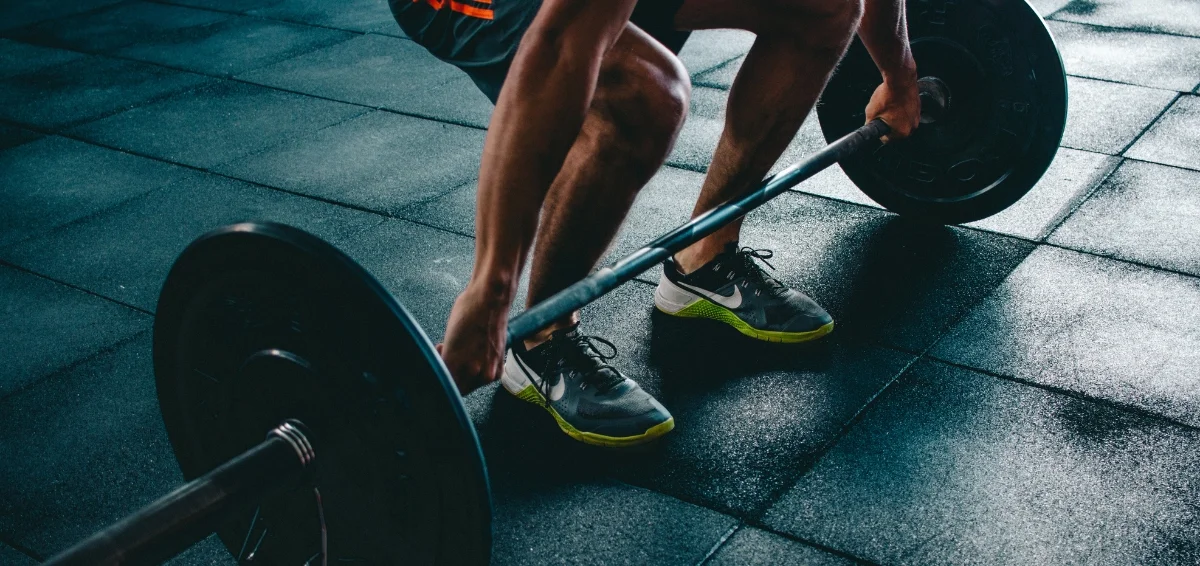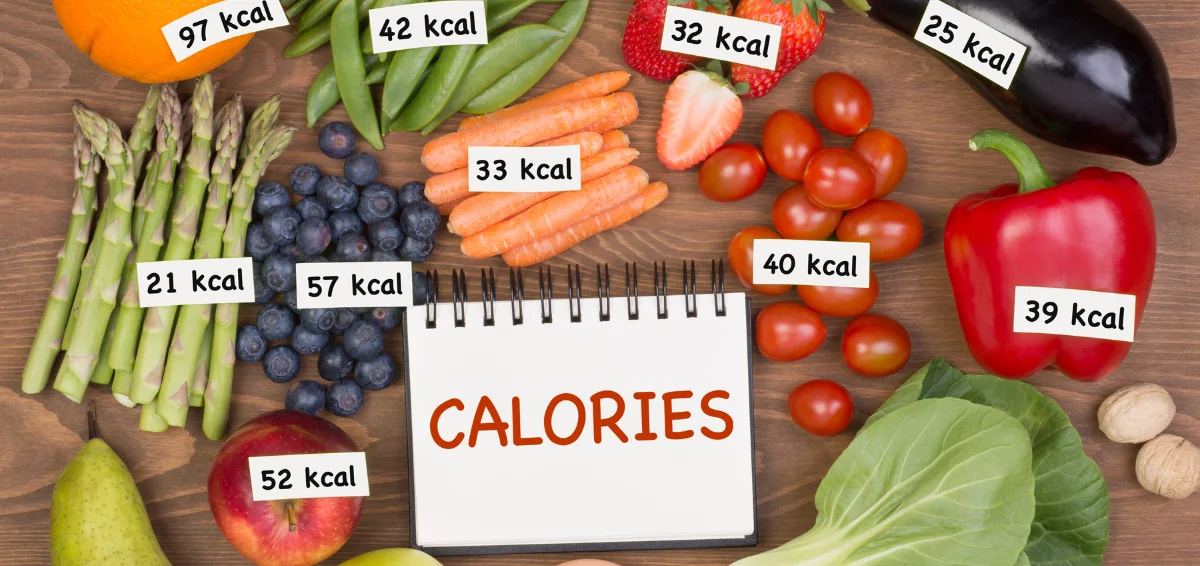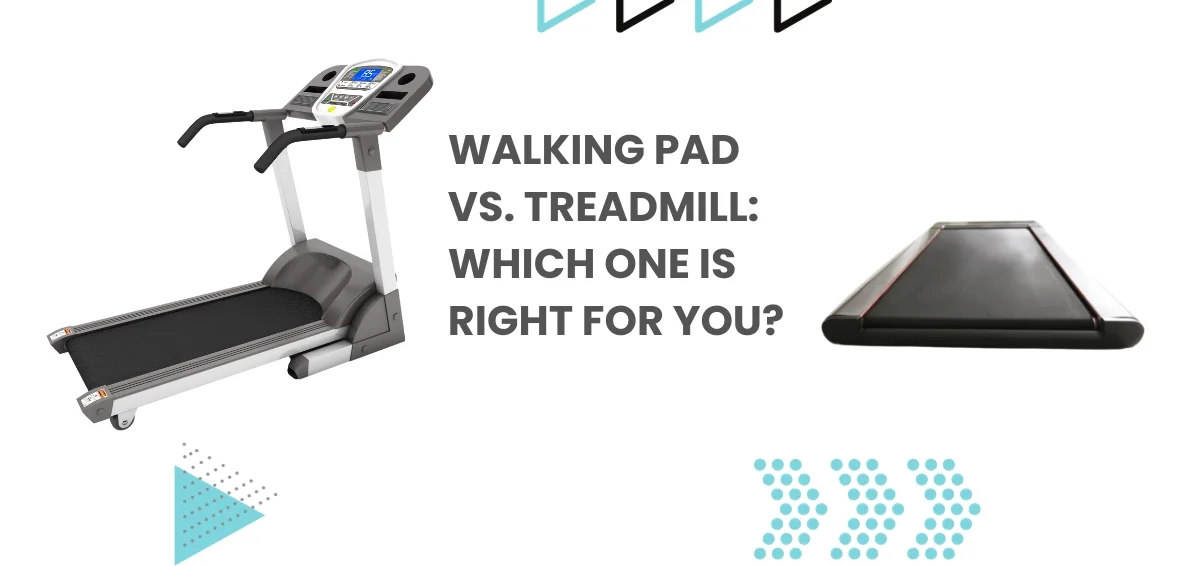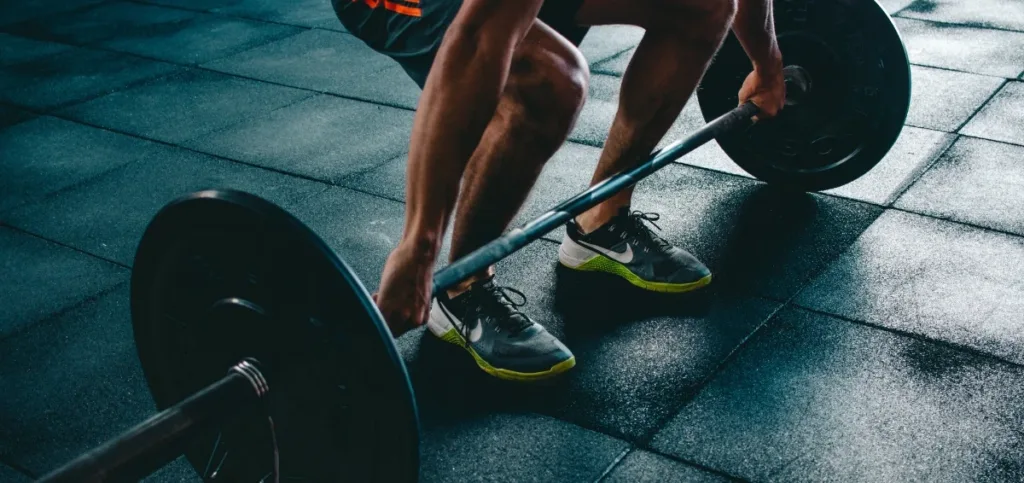
Once you get into the habit of working out regularly and enjoying it, it’s natural to wonder how to improve your fitness levels. Some various terms and abbreviations denote different things associated with one’s performance. One of the terms often on the tongues of gym enthusiasts is PR. For example, you might hear a fitness influencer or even someone who’s been regularly exercising for a while now mention PR. Usually, you’ll find them proclaiming with joy that they’ve hit their squat PR or bench press PR. But what does this mean? PR stands for personal record. Achieving it points to the fact that the individual has successfully outperformed themselves in an exercise that they have been doing for some time. Let’s find out “What Is PR in Gym” about it below.
Read Also: Best Compound Triceps Exercises
What is PR in the Gym?
PR is the abbreviation for personal records. It is the best performance you have delivered in a specific exercise. For example, if you have been able to squat, bench press, deadlift, or do any other movement with a heavier weight than what you usually perform it with, that is your PR. To put it more simply, a PR is:
- The heaviest weight you have been able to lift or the highest number of reps or sets you have been able to do for a specific exercise.
- If you are doing a bodyweight exercise at the gym, your PR can be performing more reps than what you usually do within the specific time that you do the exercise.
PRs Related Three Core Movements
A PR is an indication of your progress. When starting to work out at the gym, everyone is recommended to do the three fundamental movements: squats, deadlifts, and bench presses. Here are PR numbers related to these exercises. Knowing about them will give you a good point of reference when working to accomplish your PR.
1. Squats
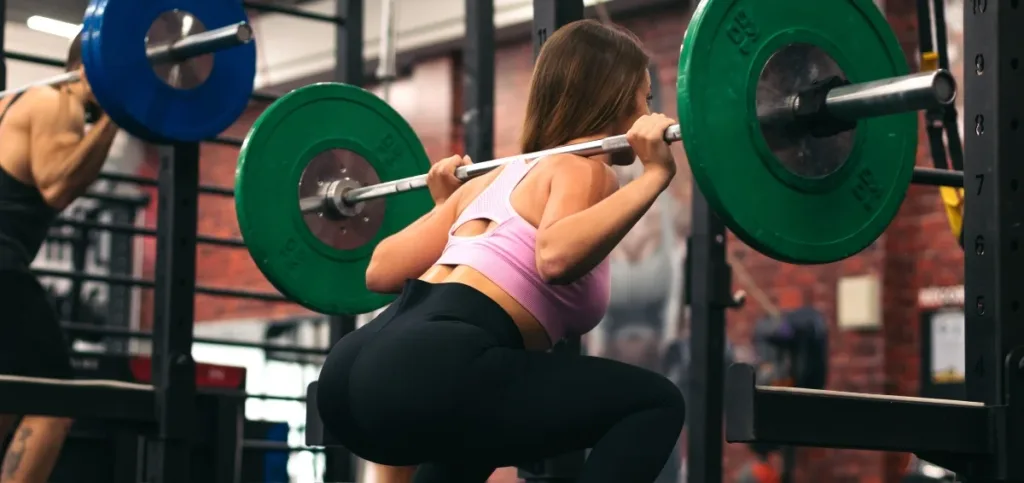
According to studies, a beginner male can squat around 141 pounds. Advanced weight lifters can squat up to a weight of around 381 pounds. Likewise, a beginner female can squat around 65 pounds. Those with advanced strength can squat up to 227 pounds.
2. Bench Press
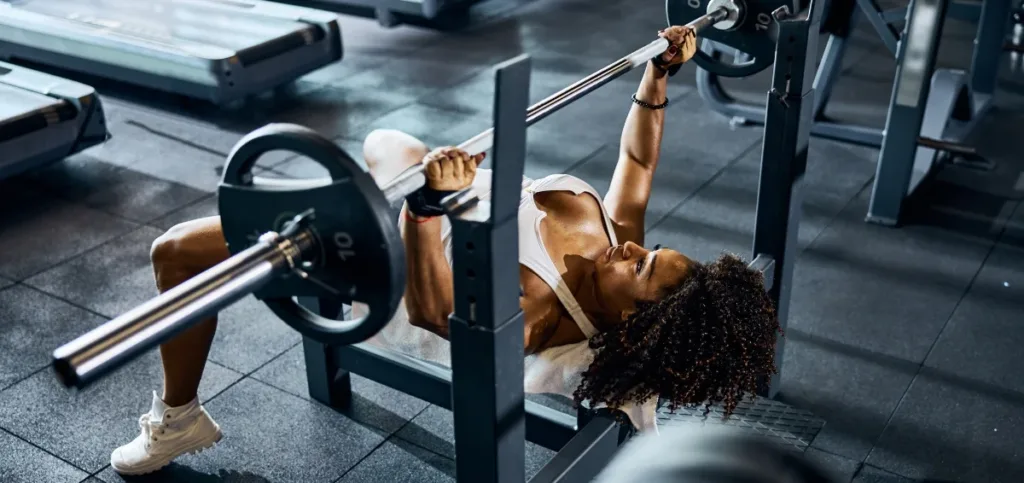
The bench press is another common movement where exercisers desire to achieve a new PR. Men with beginning strength can bench press up to 103 pounds. Those with advanced strength levels can bench press up to 291 pounds. Similarly, beginner females with beginning strength levels can bench press up to 38 pounds. Those with advanced strength can bench press up to 164 pounds.
3. Deadlift

Deadlift is a highly effective compound exercise in which achieving a PR is regarded as significant. Beginner men at the gym with normal strength levels can deadlift weights of up to 173 pounds. For advanced lifters, this number goes up to 440 pounds. Women new to the gym can usually deadlift around 84 pounds. Those with advanced strength levels can deadlift up to 265 pounds.
How to Set a New PR?

Setting a new PR is not difficult once you know the right strategy. Follow these strategies.
1. Use a Mix of Exercises Targeting Similar Muscle Groups
Do you want to achieve a squat PR? Well, simply focusing on squatting won’t help you achieve your PR. You must perform movements that use similar muscle groups. Taking the example of squats, let’s say you want to achieve an overhead squat PR. To do so, engage in other exercises like back squats, leg presses, and deadlifts. They target similar muscle groups, making them stronger in the process. It, in turn, will help you achieve your overhead squat PR more quickly and safely.
2. Don’t Be Afraid of Trying to Hit a New PR Often
Often, we feel afraid of setting a new PR because we have to move out of our comfort zone. If you have this fear, you won’t be able to achieve many PRs. Think about it. If you want to achieve a deadlift PR, you cannot do so without actually trying it. Failure will inevitably occur. But all of them will ultimately push you towards achieving your PR.
3. Record Your Progress
Keeping a record of your progress helps keep you motivated. It reminds you of how far you have come and how much you have accomplished. Thus, achieving new PRs will seem a lot more doable. Recording progress also enables you to see your ups and downs. It makes you realize that it is not always a smooth ride. You will also become less afraid of failure.
4. Visualize the Movement Before Performing It
Visualizing is the best-kept secret of powerlifters and athletes. Imagine yourself doing the exercise before you perform it. This will prime your mind for the movement, and you will be more likely to perform the exercise successfully.
5. Fuel Yourself Correctly
A good diet positively impacts your performance at the gym. When training to achieve a certain PR, ensure you eat a well-planned, nutritious diet. It should supply your body with all the micronutrients like vitamins and minerals and macro nutrients like proteins, carbohydrates, and fats. Your nutrition should be tailored to your specific needs and goals. Eat foods like unrefined carbohydrates, lean proteins, and adequate fat to promote muscle growth.
6. Deload Your Training
Deloading means reducing the intensity or volume of your training. Deloading will not make you less likely to achieve your PR. On the contrary, it will enable your body to recover fully. Deloading is important if you are trying to achieve a PR because you are putting your body under more stress than usual. The muscle groups need time to recover and perform at their optimal best. So, while you are training to achieve your new PR, don’t be afraid to go lighter for a few days.
Read Also: Best Hack Squat Alternatives
Final Thoughts
PR, in essence, reflects how far you have come in your fitness journey. It is possible to achieve new with the right strategies, such as those described in this blog. At the end of the day, it is all about being unafraid of the challenges and training to improve your health while also surpassing your personal best.

